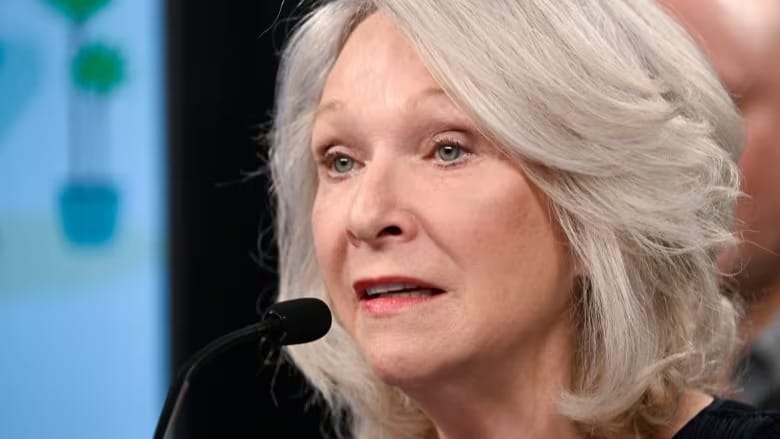Quebec moves ahead with allowing advanced requests for assisted dying
Federal government urges province to wait for them to make countrywide changes

Quebec is moving forward with its plan to permit early requests for medical assistance in dying, despite concerns voiced by the federal government.
Beginning on October 30, the province will accept requests for assisted dying, known as MAID, even before a person’s condition, like Alzheimer's, prevents them from giving consent.
Health officials briefed journalists early Thursday about the application process and highlighted new online guidelines for both patients and physicians.
Dr. Stéphane Bergeron, an assistant deputy health minister, noted during the briefing that patients who may qualify will need to meet with doctors several times to grasp how the process works and when it becomes applicable.
"It’s something that will take a bit of time before this goes ahead," Bergeron stated.
The federal government has urged caution, suggesting Quebec should pause its plans for advanced consent until modifications to the Criminal Code are made.
Federal Health Minister Mark Holland expressed in a Wednesday interview with La Presse that Quebec should "wait" before proceeding.
In a subsequent statement to CBC News on Thursday, his office indicated that the federal government "is taking the necessary time to examine the details of what the government of Quebec has announced."
"We are committed to working with Quebec — and all provinces and territories — to carefully consider next steps," the statement added.
On Thursday, Sonia Bélanger, the minister responsible for seniors, emphasized that the province had performed a "rigorous" assessment of the application of the new rules and would proceed without Ottawa's approval.
"In the case of MAID, we have never waited for the federal government," she told reporters in Quebec City.
For over a year, Quebec has urged the federal government to amend the Criminal Code to allow such requests and signaled in August that it would no longer wait.
In June 2023, the provincial government enacted a law allowing individuals with serious and incurable conditions, like Alzheimer's disease, to request assisted dying while they still have the capacity to consent, with the procedure being performed once their condition has deteriorated.
The province has instructed the Director of Criminal and Penal Prosecutions to adhere to the stipulations outlined in the act respecting end-of-life care regarding any potential criminal charges.
A question of dignity remains at the forefront of this issue. Georges L'Espérance, a retired neurosurgeon and head of the Quebec Association for the Right to Die with Dignity, believes there is no reason to delay.
"We have a lot of reports on that, and we have a lot of expertise on that," he stated.
L'Espérance added that the decision regarding when a person no longer wishes to live should be left to patients and their families, noting that this may differ from individual to individual. For instance, a person with Alzheimer's might decide they want MAID once they can no longer recognize their family or feed themselves.
"If you have that law, you know that you won’t go in the last year of the disease, in the path when you lose all your dignity," he explained.
However, some healthcare professionals oppose the changes. Dr. Catherine Ferrier, an assistant professor in McGill University's department of family medicine and a member of the group Living with Dignity, has worked with dementia patients for 40 years.
She expressed concerns about the difficulty of predicting whether a patient will want to die five years or more into the future.
"There are many, many unknowns there," she said. "You don’t know if you will be suffering."
Ferrier suggested that the province should prioritize enhancing care for dementia patients.
"You're never undignified. You have the dignity of a person for your whole life," she remarked.
"It’s sad that in Quebec we’re not providing all the supports that people need as they get older and more vulnerable, and as they lose their cognition, and then we’re fast-tracking death."





